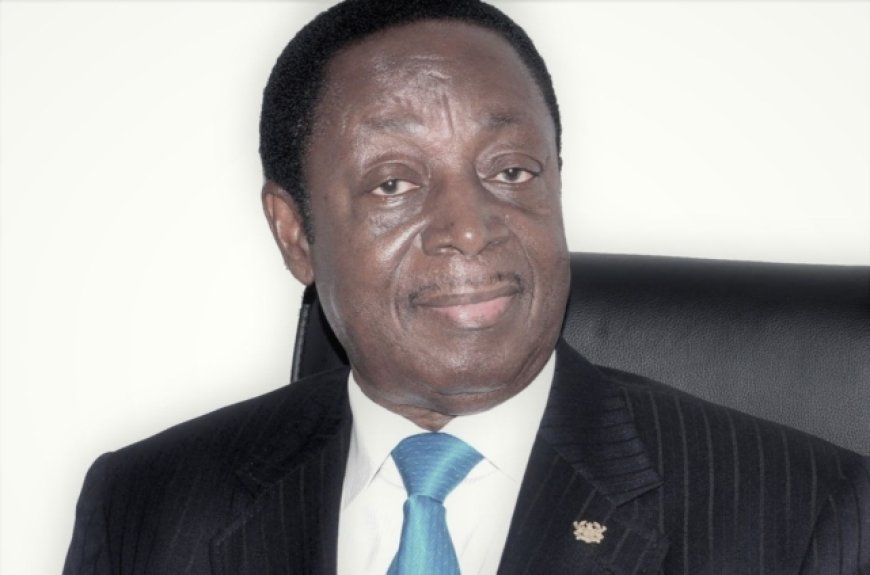GH¢2bn was on the table, why collapse uniBank? – Prof Lord Mensah questions closure
Financial economist Prof. Lord Mensah has revealed that UniBank had proposed a GH¢2 billion recovery deal before its collapse. He argues that this proposal was a viable lifeline, and its rejection suggests the banking cleanup prioritized closure over stakeholder protection, with grave consequences for taxpayers, jobs, and financial confidence.

Accra, July 30, 2025 – Financial economist and lecturer at the University of Ghana Business School, Professor Lord Mensah, has dropped a compelling revelation in the debate surrounding Ghana’s controversial banking sector cleanup.
Speaking on PM Express (JoyNews), he questioned the Bank of Ghana’s decision to shut down UniBank in 2018 when the bank had placed a GH¢2 billion recovery offer on the table. According to Prof. Mensah, that offer was completely dismissed—triggering a ripple effect of job losses, business disruptions, and massive state expenditure.
“If a bank owes GH¢4.97 billion but offers GH¢2 billion as a recovery plan, you consider that seriously. You don’t collapse it and burden the taxpayer with the full bill,” he said.
???? A Costly Decision
Prof. Mensah stressed that the collapse of UniBank and other indigenous banks led to an estimated GH¢21 billion in cleanup costs, all shouldered by the Ghanaian taxpayer. Had the GH¢2 billion proposal been taken seriously, he believes the Bank of Ghana could have avoided such a massive financial hit.
“We need to ask ourselves: was the cleanup truly about banking reform, or was it a rushed effort to eliminate certain players?” he questioned.
The professor described the move as one that ignored the basic banking principle of maximizing recovery before declaring collapse—a rule followed globally to protect broader economic interests.
???? More Than Just a Bank
Prof. Mensah reminded regulators that banks are economic lifelines. Beyond loans and deposits, banks:
-
Employ thousands, many of whom lost jobs overnight.
-
Pay corporate taxes, contributing to government revenue.
-
Support SMEs, who were also cut off during the cleanup.
“When you collapse a bank, you don’t just eliminate its owners. You dismantle entire ecosystems—employees, customers, suppliers, and tax flows,” he emphasized.
⚖️ A Flawed Process?
Prof. Mensah’s argument aligns with that of civil society groups and legal experts like Martin Kpebu, who say the cleanup lacked transparency, fairness, and economic sensitivity. There have also been calls to investigate the motivations behind the decisions, with critics alleging political undertones.
“Was the GH¢2bn deal ever assessed objectively? Or was there a predetermined outcome?” Mensah asked.
???? Key Facts
| Item | Detail |
|---|---|
| UniBank’s total liability | GH¢4.97 billion |
| Recovery offer by UniBank | GH¢2 billion |
| Total cleanup cost | GH¢21 billion (to taxpayers) |
| Collapse year | 2018 |
| Number of affected banks | Over 9 commercial banks shut down |
???? Conclusion
Prof. Mensah’s critique shines a harsh light on the decisions taken during Ghana’s financial sector cleanup. His central question remains haunting:
“If GH¢2 billion was on the table, why did we still choose to collapse UniBank?”
As Ghana grapples with post-crisis rebuilding and questions of financial justice, his call is clear: economic reform must never come at the cost of reason, fairness, or national interest.
What's Your Reaction?




















































































